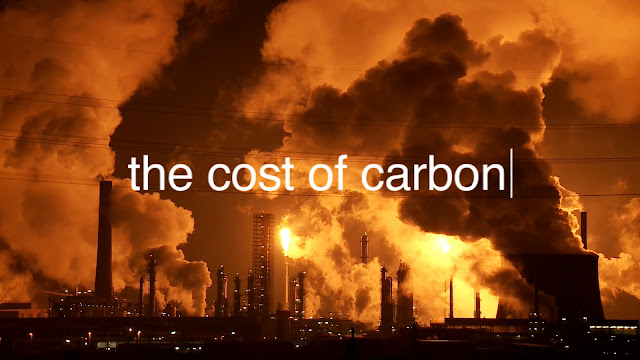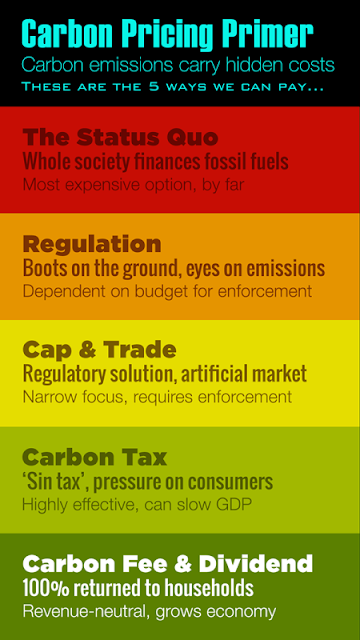Since American Sniper is about a real person in a recent war, I find it to be an interesting commentary on Americans. For me, American Sniper shows how an American can seamlessly morph from a cowboy to a government trained mass murderer. Mass murder occurs on the average every two weeks in the U.S. according to the FBI statistics, which makes it rather ordinary despite being a heinous crime. Mass murder as defined by the FBI is single incident where four or more people are killed.
When ordinary people are sent to other countries by the government to kill, movies can make them into heroes. In the movie Chris Kyle was cool and efficient mass murderer for the U.S. government. I consider any movie that applauds mass murder to be an evil movie.
Despite the apparent coolness and efficiency of the Chris Kyles in the U.S. military, the U.S. lost an unnecessary war in Iraq. Most Americans would like to forget the disaster and the loses that was the Iraq war and ignore the current disaster that is the war on the Islamic State.
Many Americans would rather remember the movie American Sniper. They would rather think about our brave heroes fighting the other side which are portrayed as cruel savages. Iraq has provided Americans a stage to demonstrate their superiority at least to themselves. Many Americans don't want the facts, they want the legends and myths!
Abby Martin interviews independent journalist, Rania Khalek, about the film ‘American Sniper’ and why it’s such a controversial choice to receive a Best Picture Oscar nomination.
Podcast source: YouTube: American Sniper’s Patriot Porn & Celebration of Psychopathy. Interview with Rania Khalek

Myth Of Redemptive Violence
Keith Giles offers his viewpoint after watching the film, "American Sniper" and the slow death of the myth of redemptive violence. Keith represents a viewpoint that we seldom hear.
Keith describes himself as teacher, author, copywriter, activist, and servant of Jesus living in Orange County, California. Since 2006, he and his family have been part of a house church that gives away 100% of all offerings to the poor in their community.
Podcast source: [Subversive Radio Podcast] Review: American Sniper
American Sniper has warped Americans
Adam Kokesh does man on the street interviews. For the record, this was not a selective group, or even in a particularly conservative or pro-military area. The people were the first seven people on the 3rd St Promenade in Santa Monica, California who answered yes to, "Did you see American Sniper? Do you think Chris Kyle is a hero? Would you like to do a quick interview for my YouTube channel?" Adam was seeking a good age and gender variety.
Adam Kokesh is an American libertarian talk show host, activist, and author of FREEDOM! He is also a decorated veteran of the War in Iraq.
Podcast source: YouTube: American Sniper has warped Americans' fragile little minds
Adam Kokesh On Incarceration And Modern War
Adam Kokesh joins Gary Franchi to discuss what life is like as a soldier in modern war, his activism in favor of gun rights, including his civil disobedience in Washington that led to his arrest and how he was received by his new audience behind bars. We get Adam's take on the latest allegations that Edward Snowden was assisted by the Russian intelligence agency
Adam Kokesh joined the group Iraq Veterans Against the War in 2007. That same year, he was arrested for protesting the war outside the Hart Senate office building.
A decorated veteran of the War in Iraq, he was arrested for loading a shotgun in front of the White House. He pleaded guilty to firearms charges, and was sentenced to two years of probation.
Podcast source: YouTube: Adam Kokesh on incarceration, modern war, and moving forward
Download or Play American Sniper Part 2
Download or Play American Sniper Part 3
Download or Play American Sniper Part 4






















